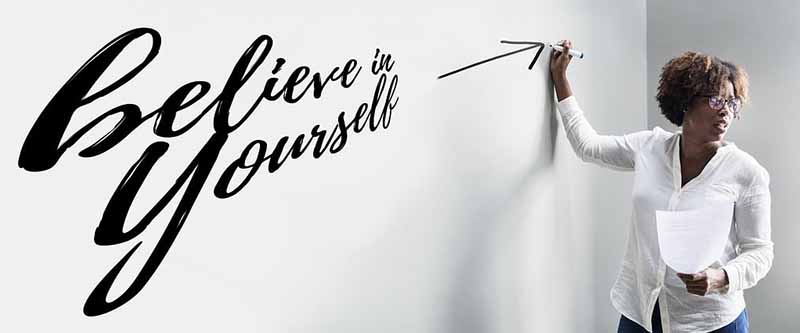Most people who know me would say I’m outgoing, exuding confidence in all I do. I beg to differ. Yes, I’ve developed confidence over a lifetime of various experiences, but I still think I’m naturally shy, holding my cards close to the vest, not wanting to divulge too much, fearful of making mistakes. Fearful of people knowing the REAL me. Perfectionist much? Perhaps. I think it started during puberty when I became keenly aware of certain things, both at home—my father’s unpredictable moodiness and silence—and at school—the smarty-pants kids in class who always knew the right answer. Even if I did know the right answer, I rarely raised my hand to respond as I was afraid of being wrong. Afraid of being laughed at. Fearful of saying the wrong thing. I was envious of those who spoke their minds with certainty, and I dreamed of being like them. Fearless and forthright. Throwing caution to the wind. Not caring what others thought.
But I couldn’t be like others. They all laughed with ease, not a care in the world. They dated high school jocks or Homecoming Queens, were cheerleaders or members of leadership clubs. They were uber popular and cute. By contrast, I felt entrenched in shame and fear, but never knew exactly why. I couldn’t put my finger on the cause much less understand the depth of it. I only knew there were deep-seated secrets in my family that no one talked about. It permeated and lingered in the air, and you could have cut the tension with a knife.
So, I became a perfectionist to help ease my discomfort.
Secrets and Shame
Having a brilliant father contributed to my need to seek perfection as he was well educated—and valued higher education—and seemed to know something about everything. He was an expert in classical music, world history and western civilization—which he taught at the high school level—and traveled the globe in search of more knowledge and wisdom. And likely freedom from his inner despair.
Sadly, he was burdened with family skeletons in the proverbial closetand carried shame on his shoulders throughout his life. He unknowingly and thoroughly projected this shame onto my sister and me when the darker side of his personality reared its ugly head. And it was usually when he thought about his mother and the terrible thing she did to him during puberty. While my father became adept at pushing these horrors out of his mind most of the time, he’d recall with venomous hatred how his mother forced him into foster care during the Great Depression. Supposedly, she couldn’t handle the stress of being a mother during those uncertain times of little money and an unstable economy.
He’d reflect about how much he hated her for putting him in foster care for two years when he was 13. Indeed, the story was hideous, yet it never made sense. My sister and I knew there was a key piece missing and sure enough there was. He’d only been disclosing half the story to us for much of our lives. The worst details of his deeply held secrets would only be revealed to us much later in life.
One day, when I was well into adulthood, my father confided in me the shocking truth. Nearly every detail of it. The real reason his mother abandoned him. She’d fallen in love with another man and decided to leave her husband—my grandfather—and my dad to live with this man. But that’s still not the entire sordid tale. She then proceeded to have two children with him before deciding a few years later to return to her nuclear family. My grandfather—for reasons I will never know—eventually adopted the boy and girl, giving them his last name. Till the day they died, that boy and girl—my uncle and aunt—likely never knew the truth of their birth. Never mind they looked nothing like their “father” or their brother.

Healing
We all deal with difficulties in different ways and then most of us recover in our own way and pace. I hope my father found peace before he passed away several years ago. He never deserved to be abandoned by his mother, yet despite everything, he grew up to be a caring and loving husband and father, though deeply damaged. Shame and guilt—along with family secrets—get passed from generation to generation with such ease, we never know what hits us. In my case, it compelled me to be very protective of my public persona lest someone know the truth and abandon me.
Ultimately, I learned to cultivate confidence by taking risks and that confidence has served me well for many decades, both professionally and personally. I believe my former shame and fears were key factors in me becoming a writer, compelling me to create characters to deal with those shameful emotions. Evil characters eventually being dealt with by virtuous ones. It’s a form of justice, even if it’s virtual justice.

